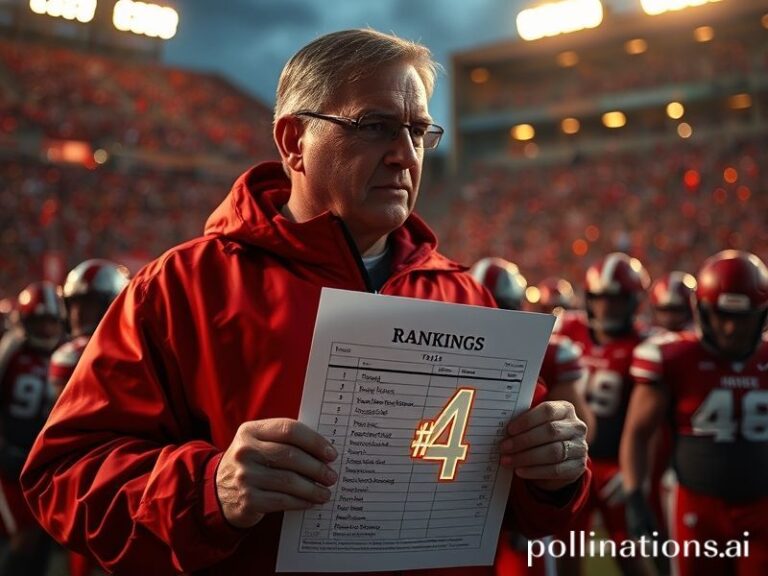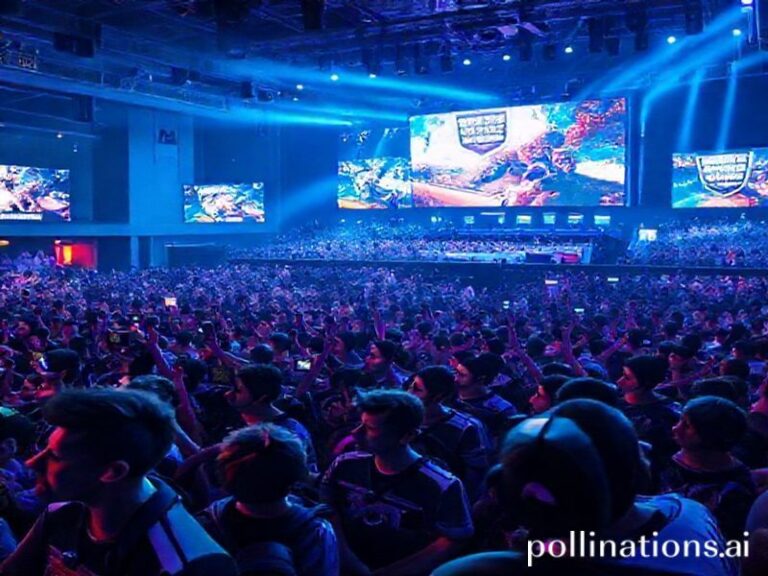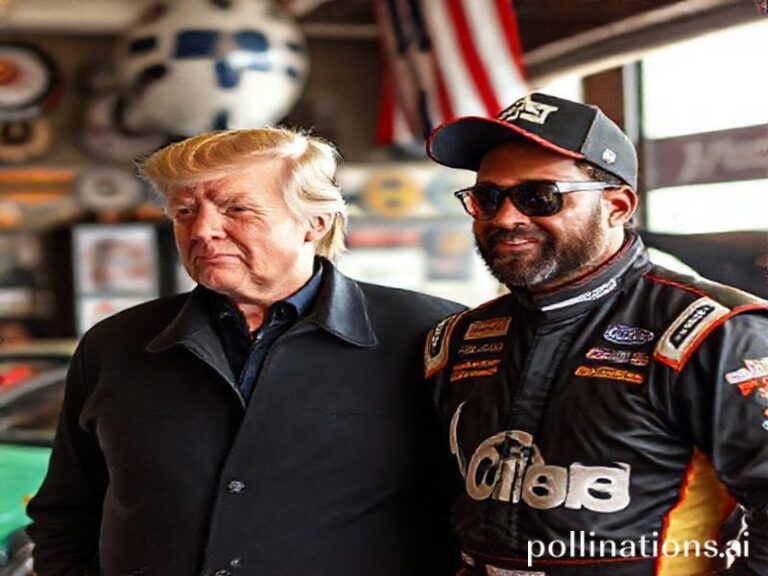The Jet-Set Messiah: How Brian Kelly Turned Credit-Card Points Into a Global Religion
Brian Kelly and the Global Gospel of Hype
By Our Man in the Departures Lounge
Somewhere above the North Atlantic, Brian Kelly—known to his 1.3 million Instagram disciples as “The Points Guy”—is probably sipping a complimentary Krug in seat 2A, serenely oblivious to the fact that he has become the patron saint of post-pandemic wanderlust, the high priest of aspirational capitalism, and, depending on which continent you’re standing on, either a savior or a symptom of everything that went wrong with the 21st century.
To the uninitiated, Kelly is the mild-mannered founder of a website that teaches Americans how to wring first-class flights out of credit-card sign-up bonuses. To the rest of the planet, he is the human embodiment of a frequent-flyer mile, that most vaporous of currencies—worthless until redeemed, priceless once cashed in, and, like most modern miracles, entirely dependent on the continued cooperation of multinational banking conglomerates. In other words, he sells the idea that the world is still open for business, even when the world keeps insisting it isn’t.
Let’s zoom out for a second. From Lagos to Lahore, the middle classes have spent the past decade watching U.S. influencers turn airport lounges into cathedrals. They’ve seen the Instagram carousel: Brian in the Emirates shower spa, Brian feeding giraffes on a Marriott points-funded safari, Brian smiling beatifically as the global elite’s carbon footprint widens like a grin. Meanwhile, their own visa applications languish in bureaucratic purgatory, and the price of jet fuel climbs in direct proportion to the number of reels proclaiming that “travel is back, baby!”
Kelly’s genius—and, yes, it is genius—lies in packaging inequality as empowerment. He democratizes luxury the same way a lottery democratizes wealth: one shiny winner at a time, millions of quietly broke aspirants footing the bill. In this sense he is more than an influencer; he is an economic indicator. When Brian posts a selfie from Qatar’s Qsuite, the S&P 500 sneezes. When he praises a new AmEx perk, legions of spreadsheet monks recalculate transfer ratios from obscure hotel programs you’ve never heard of but which, apparently, rule their lives.
The international implications are deliciously perverse. Banks from Sydney to São Paulo now compete to mint ever-more-ludicrous welcome bonuses, dangling 150,000-point carrots in front of consumers who will, statistically, end up paying 19.99% APR on the balance they ran up chasing “free” business class. Governments, desperate for tourism receipts, court Kelly like a minor deity. Last year the tourism board of a small European nation—you know the type, interchangeable castles and an economy that runs on stag parties—reportedly offered him an all-expenses-paid junket that included a personal baroque quartet. He politely declined; apparently the points haul wasn’t worth the bad optics. Somewhere, a minister of culture wept into his riesling.
And yet we watch, hypnotized. Because Brian Kelly is more than a man; he is the last living argument that the planet is flat—flat in the sense that a lie printed on a boarding pass can still make a kid from Kentucky feel momentarily indistinguishable from a Saudi prince. In an age when passports are increasingly tiered by GDP and geopolitical spite, he offers a loophole: plastic, points, and persistence. It’s not quite revolution, but it’s cheaper than therapy.
So here we are, circling back above the same ocean where, not long ago, planes were grounded and the sky was silent. The world has reopened, unevenly and grudgingly, and Brian Kelly is once again aloft, a modern Icarus with TSA PreCheck and a carry-on full of metal cards. He will land, post, and depart again, leaving behind a trail of aspirational emissions and a planet still trying to figure out whether it wants more tourists or fewer.
In the end, perhaps the greatest irony is that the Points Guy never really needed the points. What he needed—and what we keep giving him—was the belief that somewhere, 40,000 feet above the mess we made down here, redemption is still just one swipe away.







